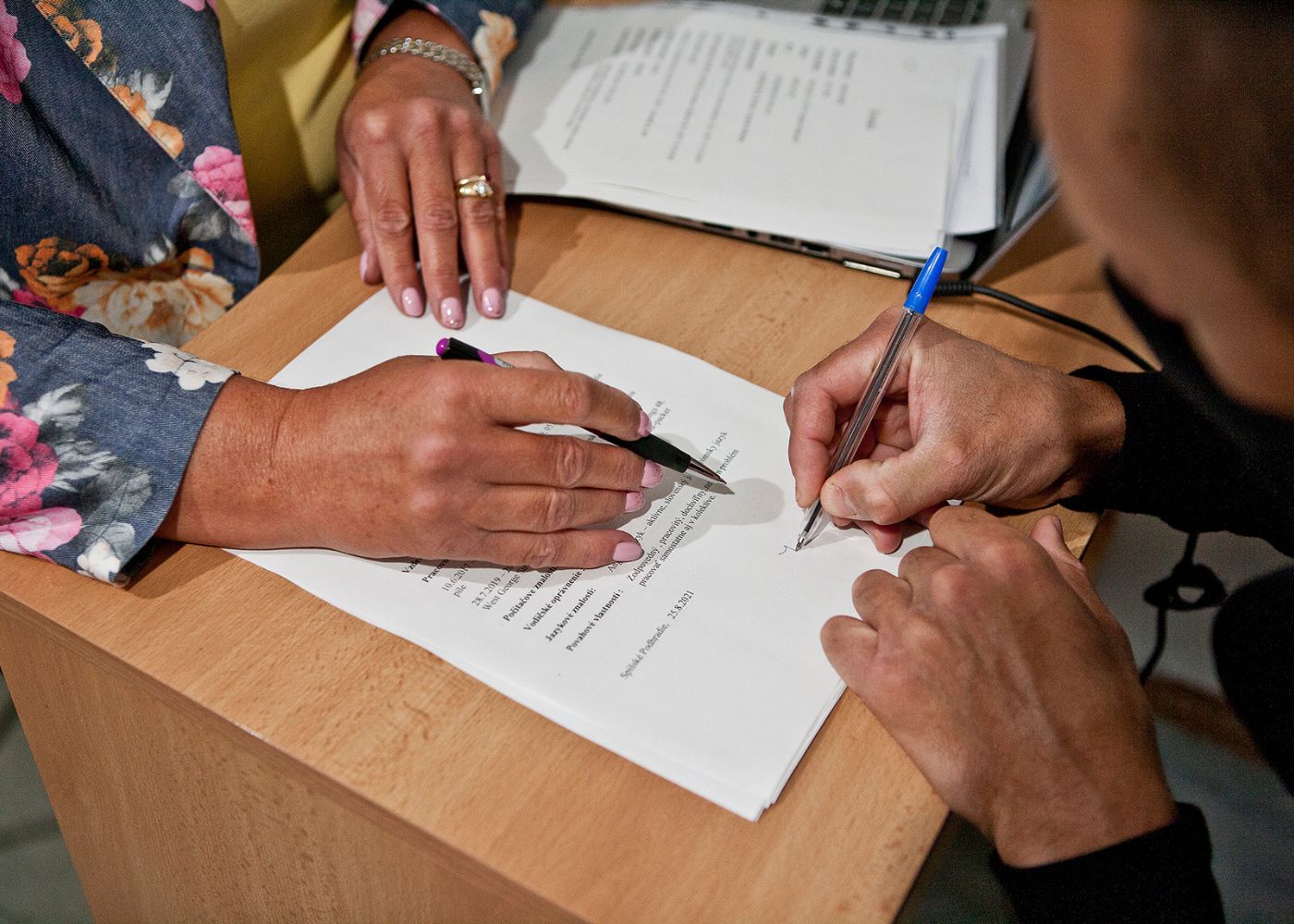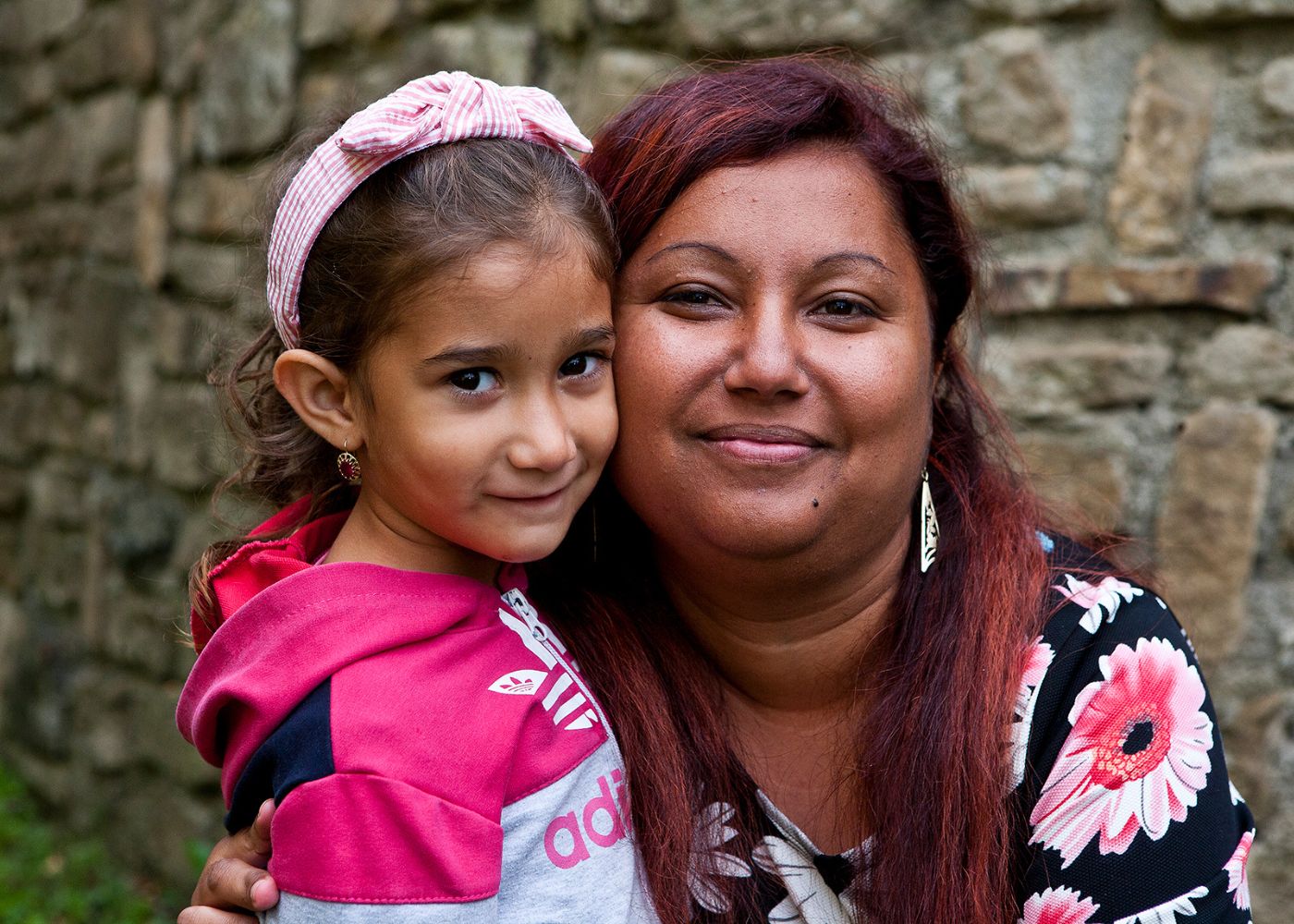Interview with our director: Helping is a basic principle of solidarity
Andrea Najvirtová, director of People in Need, joined the organization after returning from abroad. In 2020, she took the director’s chair and has been leading one of the largest organizations in Slovakia ever since. However, by the time she became the leader of the organization, the world was hit by a pandemic. In the interview, Andrea talked about her beginnings, the direction of the organization, but also about why people should support the activities of People in Need.






And what is it like? I am proud of our work, which we manage to do. It is also such an honor for me to be able to lead this organization.What motivates you in your work? I just enjoy it. It’s hard work, but at the same time it gives me a lot of meaning. When I go to the field, I see with my own eyes how we manage to move communities forward, or what we have achieved now in connection with helping people in Ukraine or here in Slovakia. When we decided to help overnight after the start of the war in Ukraine, many things did not work. Even so, my work gave me meaning. We manage to lend a helping hand in difficult situations and help people to have more dignified living conditions. I also enjoy working with people. There are smart people here in the organization who see meaning in their work. It’s very rewarding, I’m still learning a lot. We are also succeeding in transforming Slovakia’s solidarity into practical actions.










